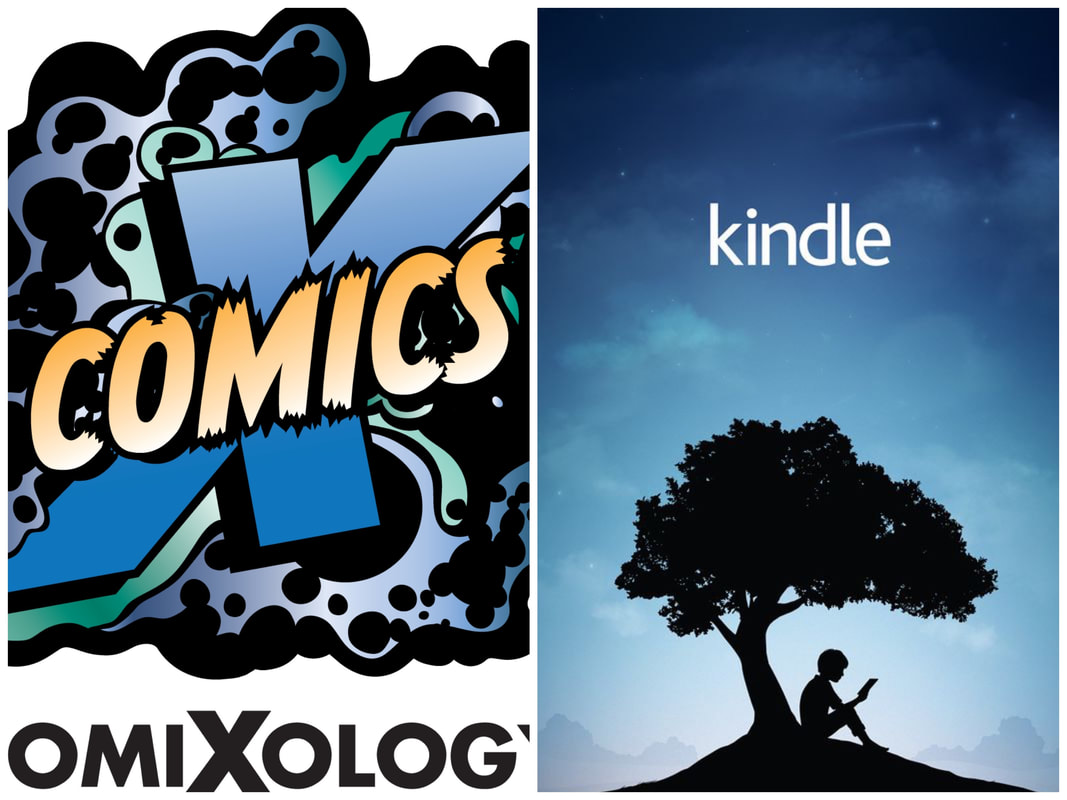Jason argues that Apple’s 30% fee is preventing these developers from selling their wares via the AppStore app. And those companies may have publicy stated that this is the reason. However, how is this different from record companies that were selling songs in iTunes?
Most songs in iTunes were $1.29. That’s a $0.99 song sold with Apple’s 30% commission tacked on. Could iPhone users have purchased songs elsewhere for $0.99? I’m sure if they were willing to visit some other website directly that they could have. But the convenience of buying within the iTunes app was worth paying 30% more.
As a consequence, iTunes took the world by storm and song sales exploded. Apple’s 30% fee was a non-issue. So for some reason, the public will snatch up $1.29 songs like there’s no tomorrow but they’ll balk at in-app purchases that are $1.29? This makes no sense. Something else must be the real reason.
Customers love everything in one place. I have the same attitude towards everything on my iPhone. I hate fragmentation so much that I’m willing to pay the iTunes cost to keep my music library together, my books together, my movies together, and my apps together.
So if record companies and movie companies can do it, why can’t book or comic companies?
Reason #1 – No Pricing Power
The answer is that most can, but a few can’t. In the bricks-and-mortar real world stores can be segmented by their profit margin. Discount retailers have high volume but low profit margins and luxury retailers have low volume but high profit margins. It’s no different with software.
I fully concede that there are going to be developers with razor thin margins that can’t afford to sell through a retail outlet. They lack pricing power. Either they have a lousy business that customers see little value in or they have strategically lowered their prices to rock bottom levels. But in both cases, this is nothing new in the retail world.
And it’s not Apple’s fault if a company has low profit margins. That’s a strategic decision made by the business owner with future ramifications. I used to work for the Cabela’s Corporation. We only sold through our own stores because we couldn’t afford to split profit margins with other distribution companies. That wouldn’t be Walmart or Amazon’s fault. That’s just the normal business world.
Reason #2 — Power Struggles (The Real Reason)
Amazon is a savvy company. I’m sure they’ve created financial models which compare raising their book prices and selling through the iOS app or keeping their prices low and forcing customers to go to their own website.
If Amazon sold a $9.99 book for $12.99 would customers pay it? I think most would. Even if Amazon did lose some customers because of the price, I think they’d gain other customers who would buy on impulse.
Contrary to what Amazon says, I don’t think this is really about money. Because due to impulse sales, it’s very possible that they’d make even more money by opening up the floodgates to billions of people using their iPhones and iPads to read books via the Kindle app.
The real reason that Amazon refuses to sell books via the Kindle app is that they hate the idea of enriching a major competitor. It’s the same principle that makes Apple want to cultivate alternate chip or display suppliers instead of Samsung. When Samsung phones have a down year and the iPhone is selling great, Apple enriches Samsung via all those chip and display sales.
Apple either already is or could be a formidable future competitor to Amazon in multiple industries. Amazon doesn’t want to help them in any way shape or form. But Amazon doesn’t want to admit to their customers that they are getting an inferior customer experience due to their belligerence. So they blame it on Apple. But the current situation is really Amazon’s doing. Never mind that the music industry had no problem with the same payment structure.
And some of the public believes it. Why? Because many Apple writers parrot developer propaganda without applying critical thought to the accusations. It’s possible that some of these writers don’t really understand the underlying economics involved. But I’m sure others simply cave to peer pressure.



 RSS Feed
RSS Feed